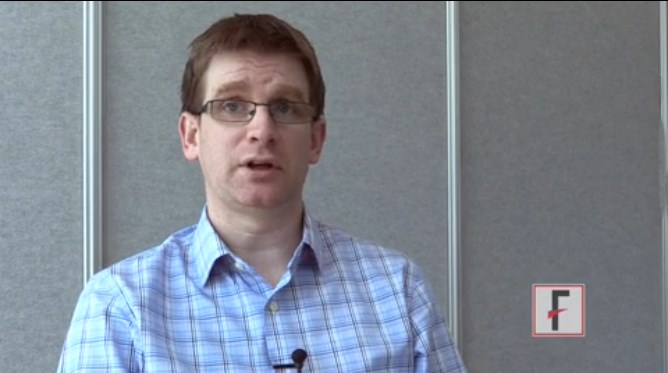User login
TORONTO – Consistent public education about the importance of treating first-episode psychosis in people aged 15-25 years results in better outcomes and quality of life for those on the schizophrenia spectrum, according to Dr. Brian O’Donoghue, a clinical research fellow with Orygen, The National Centre of Excellence in Youth Mental Health near Melbourne.
When the duration between the first episode and treatment-seeking is minimized, the time to the next episode is longer, according to Dr. O’Donoghue, who spoke at the annual meeting of the American Psychiatric Association.
In this video, Dr. O’Donoghue shares his experiences in creating public awareness about the frequency of first-episode psychosis in young people and the improved quality of life that results when communities ensure that support for this cohort is available.
The video associated with this article is no longer available on this site. Please view all of our videos on the MDedge YouTube channel
On Twitter @whitneymcknight
TORONTO – Consistent public education about the importance of treating first-episode psychosis in people aged 15-25 years results in better outcomes and quality of life for those on the schizophrenia spectrum, according to Dr. Brian O’Donoghue, a clinical research fellow with Orygen, The National Centre of Excellence in Youth Mental Health near Melbourne.
When the duration between the first episode and treatment-seeking is minimized, the time to the next episode is longer, according to Dr. O’Donoghue, who spoke at the annual meeting of the American Psychiatric Association.
In this video, Dr. O’Donoghue shares his experiences in creating public awareness about the frequency of first-episode psychosis in young people and the improved quality of life that results when communities ensure that support for this cohort is available.
The video associated with this article is no longer available on this site. Please view all of our videos on the MDedge YouTube channel
On Twitter @whitneymcknight
TORONTO – Consistent public education about the importance of treating first-episode psychosis in people aged 15-25 years results in better outcomes and quality of life for those on the schizophrenia spectrum, according to Dr. Brian O’Donoghue, a clinical research fellow with Orygen, The National Centre of Excellence in Youth Mental Health near Melbourne.
When the duration between the first episode and treatment-seeking is minimized, the time to the next episode is longer, according to Dr. O’Donoghue, who spoke at the annual meeting of the American Psychiatric Association.
In this video, Dr. O’Donoghue shares his experiences in creating public awareness about the frequency of first-episode psychosis in young people and the improved quality of life that results when communities ensure that support for this cohort is available.
The video associated with this article is no longer available on this site. Please view all of our videos on the MDedge YouTube channel
On Twitter @whitneymcknight
AT THE APA ANNUAL MEETING
